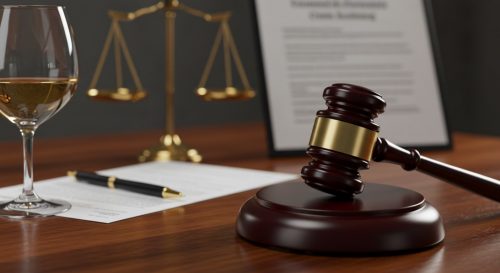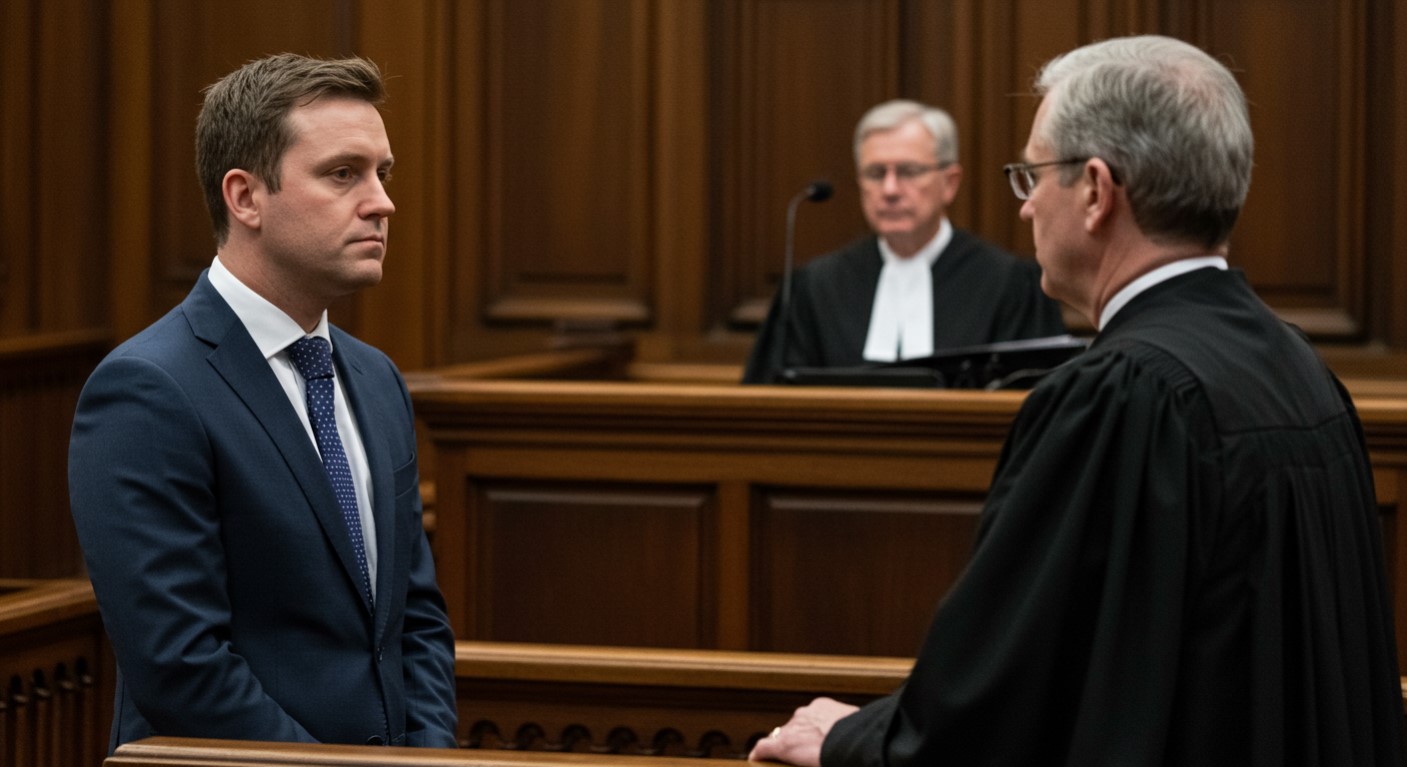Consent and Intoxication: Understanding the Legal Landscape

Consent and Intoxication: Understanding the Legal Landscape
In many jurisdictions, the law recognises that intoxication can impair a person’s ability to give informed consent. The level of intoxication that legally invalidates consent varies. For example, slight intoxication may not negate consent, but severe impairment likely does.
The legal challenge lies in defining the point at which intoxication renders consent invalid. This determination often involves assessing the individual’s understanding of the situation, their ability to make informed decisions, and the extent to which alcohol or drugs influenced their judgment.
Consequences of Misjudging Consent

The legal ramifications of misinterpreting consent in the context of intoxication are profound. Charges such as sexual assault can result if consent is deemed invalid.
The law typically errs on the side of protecting individuals who are too intoxicated to consent, meaning that someone who engages in an act under the assumption of valid consent can face severe legal repercussions.
This can lead to criminal charges, legal battles, and potential incarceration, not to mention significant social and personal consequences.
The Importance of Legal Advice

Given the complexities of consent laws, especially when alcohol or drugs are involved, legal advice is indispensable. A lawyer can help interpret and navigate the nuanced legal standards regarding consent and intoxication.
They can provide crucial guidance on the risks and legal standings in various scenarios, ensuring that one’s actions stay within the bounds of the law. In cases where accusations are made, legal representation becomes even more critical, as the nuances of the law and the specifics of each situation need expert handling.
Conclusion: Navigating Consent and Intoxication as Defence in Criminal Allegations

The intersection of consent and intoxication in legal terms is fraught with complexity. It’s essential to understand the limitations and implications of consent when alcohol or drugs are involved.
This understanding, coupled with legal advice, is key to navigating these situations responsibly and lawfully.
Whether it’s personal conduct or facing accusations, professional legal advice provides the necessary guidance to manage these challenging circumstances effectively.
Notice: Informational Content Disclaimer
The content provided on this website, including articles, blog posts, and other informational materials, is intended for general informational purposes only. It is not intended as, and should not be considered, legal advice.
Visitors to this website should be aware that the information presented here is not a substitute for seeking legal advice from a qualified solicitor or legal professional. Each individual's legal situation is unique, and the information provided may not be applicable to specific circumstances.
If you require legal advice or have specific legal questions, we encourage you to contact us directly. Our experienced team of solicitors is here to assist you with your legal needs and provide tailored advice to address your concerns.
Please be advised that any communication through this website, including the use of contact forms or email, does not create a solicitor-client relationship. Confidential or time-sensitive information should not be sent through this website. To establish a solicitor-client relationship and discuss your legal matters in detail, please contact us for a consultation.
We strive to provide accurate and up-to-date information, but we make no representations or warranties regarding the accuracy, completeness, or suitability of the information contained on this website. We shall not be liable for any reliance placed on the information provided herein.
Thank you for visiting our website. We look forward to the opportunity to assist you with your legal needs.




